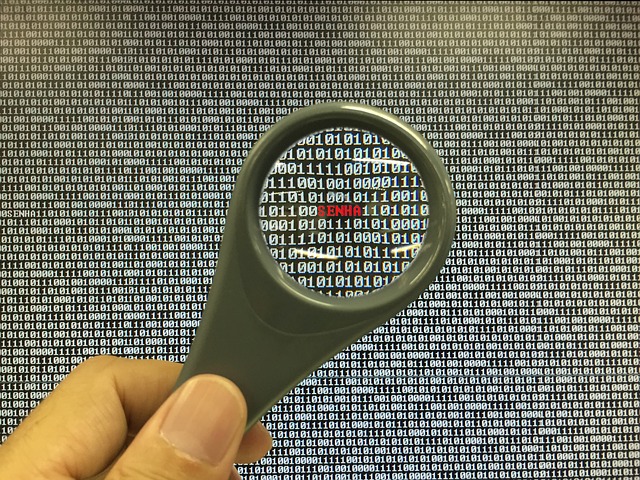Protecting Your Confidential Data: Essential Tips for Secure Data Protection
In today’s digital age, the importance of safeguarding confidential data cannot be overstated. Whether you are an individual managing personal information or a business handling sensitive customer records, the risks associated with unprotected data are significant. Data breaches, identity theft, and financial loss are just a few consequences of neglecting proper data protection measures. This blog post is designed to help you build a stronger defense around your confidential information and foster a mindset of security awareness.
Understand the Value of Your Confidential Data
Confidential data is more than just information; it represents trust and privacy. When this data falls into the wrong hands, the impact can be devastating—ranging from reputational damage to legal penalties. Recognizing the value of your confidential data is the first step towards adopting better protection habits.
Implement Strong Password Practices
One of the simplest yet most effective ways to protect confidential data is by using strong, unique passwords. Avoid common or easily guessed passwords such as “123456” or “password.” Instead, create complex passwords that combine letters, numbers, and special characters. Consider using a reputable password manager to securely store and generate passwords, making it easier to maintain strong and unique credentials across different platforms.
Utilize Encryption to Secure Sensitive Information
Encryption acts as a powerful shield, converting your data into a coded format that only authorized parties can decipher. Whether you’re storing data on your devices or transmitting it over the internet, encryption ensures that even if data is intercepted, it remains unreadable and protected. Look for services and tools that provide end-to-end encryption to maximize security.
Regularly Update Software and Systems
Software updates often include important security patches that protect against newly discovered vulnerabilities. By keeping your operating systems, applications, and antivirus software up-to-date, you minimize the risk of attackers exploiting these weak points to access your confidential data. Set up automatic updates where possible and stay informed about relevant security advisories.
Be Cautious with Public Networks
Public Wi-Fi networks are convenient but often insecure, making your confidential data susceptible to interception by cybercriminals. Avoid accessing sensitive accounts or conducting financial transactions on public networks. If you must use public Wi-Fi, employ a Virtual Private Network (VPN) to encrypt your internet connection and protect your data from prying eyes.
Limit Access and Use Multi-Factor Authentication
Not everyone needs access to your confidential data. Implement strict access controls, granting permissions only to trusted individuals or systems. Adding an extra layer of security, such as multi-factor authentication (MFA), requires users to verify their identity through multiple methods—greatly reducing the chances of unauthorized access.
Educate Yourself and Your Team
Often, the weakest link in data security is human error. Investing time in training yourself and your team on best practices for data protection, phishing recognition, and safe internet habits is invaluable. Awareness and vigilance go a long way in preventing accidental leaks or breaches of confidential data.
Protecting your confidential data is a continuous commitment that demands awareness, the right tools, and proactive habits. By integrating these essential tips into your daily routine, you create a resilient environment that shields your most sensitive information, ensuring peace of mind in a connected world.




